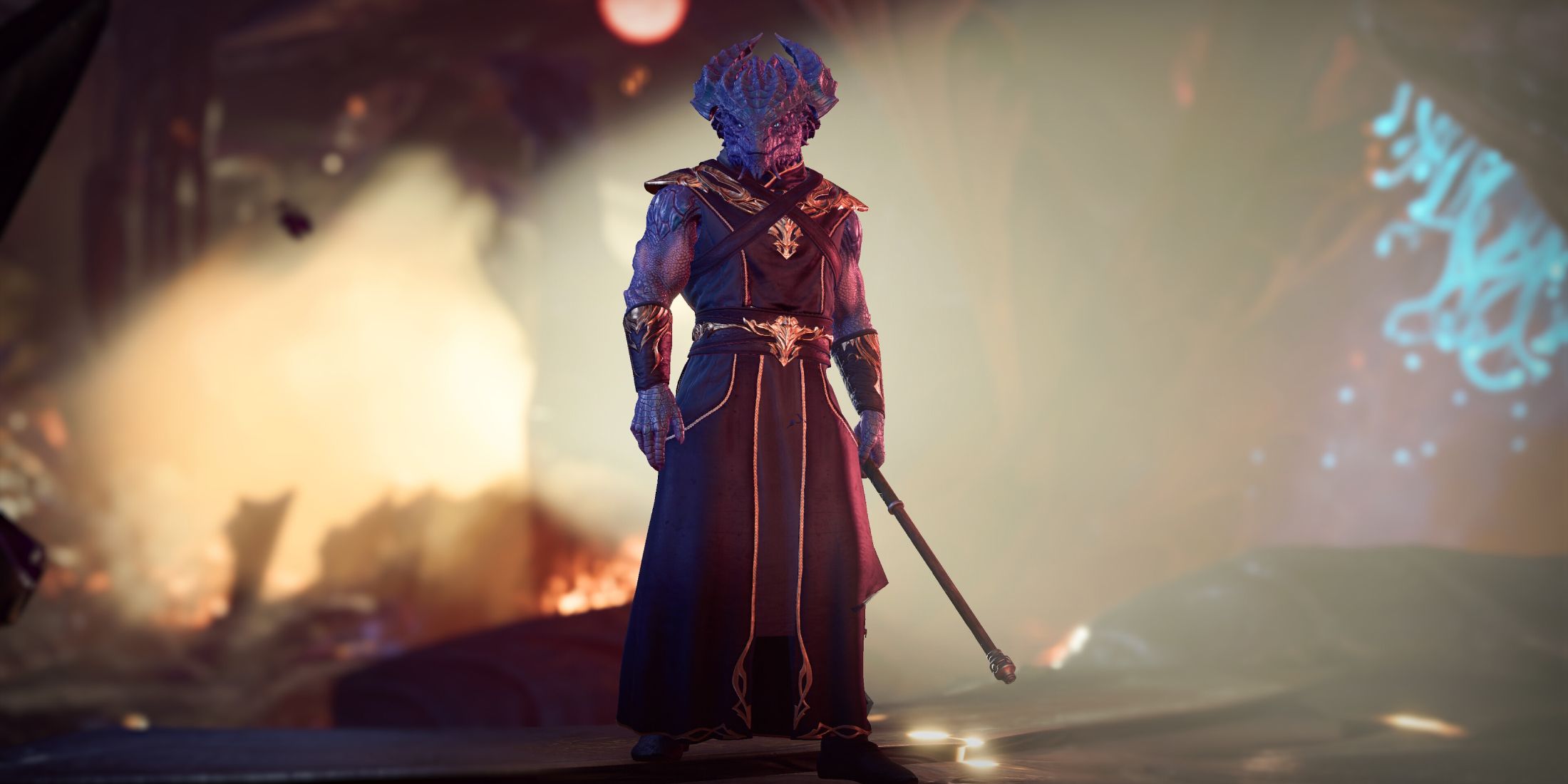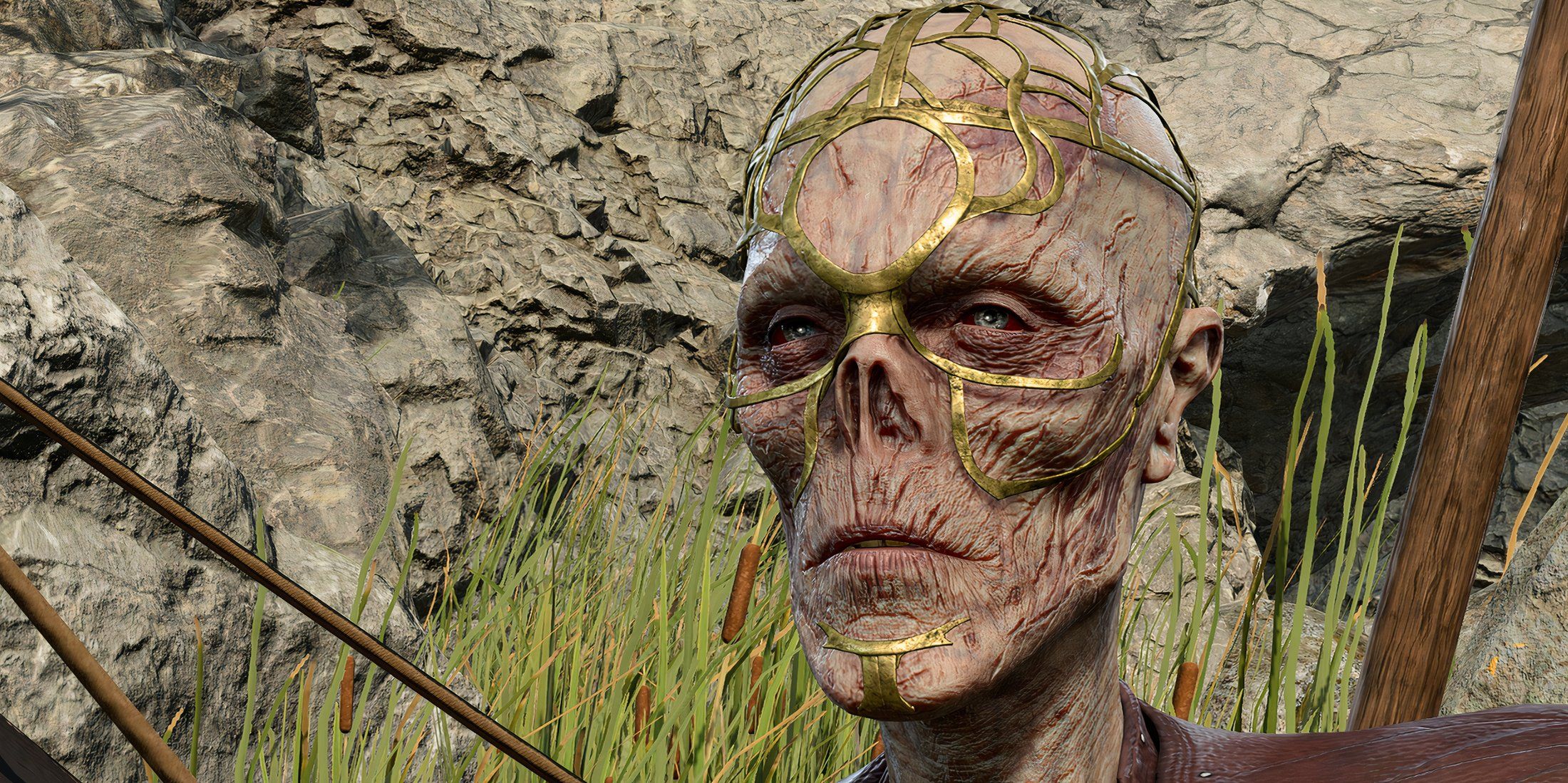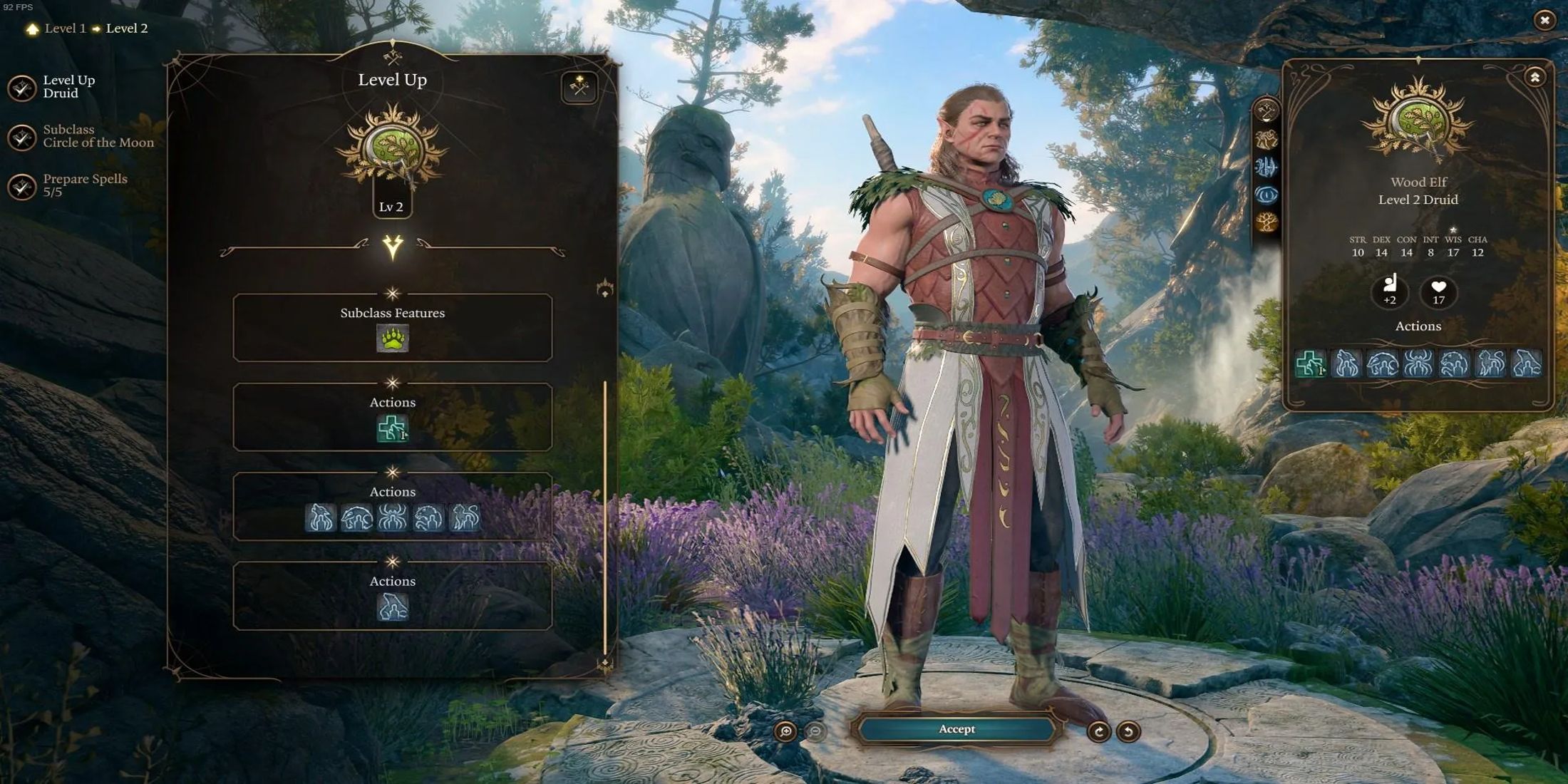Highlights
- Baldur's Gate 3 required "a bit of crunch" to finish.
- The overall amount of overtime work that went into the game was still smaller than Larian Studios' past projects.
- Larian is working on minimizing crunching even further by investing in its international network of studios, which just expanded yet again in May 2024.
The Baldur's Gate 3 development was not entirely free of crunch, a senior Larian Studios official has revealed. But the company still appears to have managed to limit the amount of overtime work that Baldur's Gate 3 required, at least relative to its past projects.
While working overtime is far from uncommon in many professions, the gaming industry has long had a tendency to push that practice to the extreme. Complex software development being unpredictable has contributed to this state of affairs, much like the fact that many people see game development as their dream job, making them more likely to put up with some degree of inconveniences such as crunching. Recent years saw an uptick in public awareness of the gaming industry's crunch culture, leading to more companies being openly questioned about their development practices.

Larian Has Bad News For Some Baldur's Gate 3 Fans on PS5
Larian shares some bad news about Baldur's Gate 3 on PlayStation 5, which will likely only affect a small number of players out there.
Baldur's Gate 3 Required 'A Bit' of Crunch
Larian Studios is the latest group to chime in on this ongoing conversation, with CEO Swen Vincke confirming that the critically acclaimed Baldur's Gate 3 was not finished without overtime work. During a recent appearance at the Digital Dragons conference in Krakow, the executive said that "a bit" of crunching was needed to complete the company's latest RPG. "You will always have a little bit [of crunch] when you're trying to finish something, especially when there's so much complexity that needs to be brought together," Vincke opined.
Be that as it may, the industry veteran insisted that Larian learned from its past endeavors, which benefited its approach to Baldur's Gate 3. The game ultimately required less crunch than Larian's past projects, Vincke said. While he didn't reveal any timelines for when the real crunch had started, the executive did share that Larian's studios were consistently "almost empty" after 8pm, adding that weekend work happened "very, very, very rarely," presumably near the end of the development. The fact that the company also ended up cutting some Baldur's Gate 3 content, ranging from additional maps to playable companions, may have helped its staffers maintain normal working hours even as deadlines drew near.
You will always have a little bit [of crunch] when you're trying to finish something, especially when there's so much complexity that needs to be brought together.
Ultimately, Vincke believes that the amount of higher-intensity work required for Baldur's Gate 3 was so minimal that some may not even consider it as crunch. The executive also noted that paid overtime helped make such extra contributions more palatable for employees.
The company's international network of studios also helped minimize the amount of crunch required for the game, as some part of the group was always in office at any given time of the day, the executive explained. Larian is now committing to that spread-out structure even further, as the Baldur's Gate 3 developer has just opened its seventh studio in Warsaw, Poland, in May 2024.




